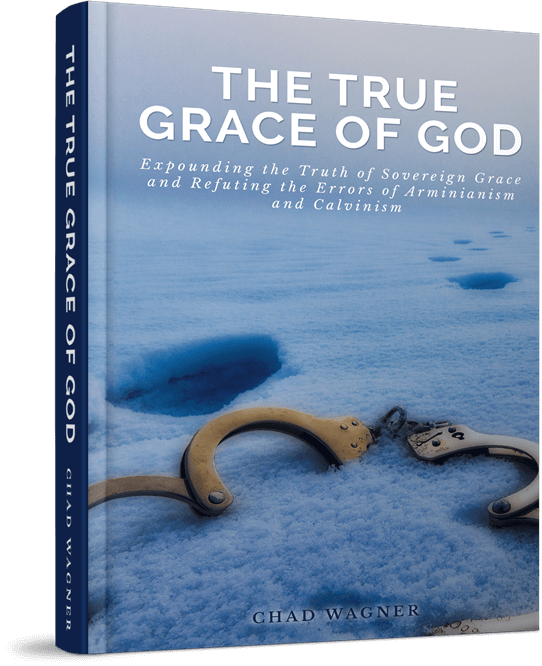In a day when people live by maxims like “He who dies with the most toys wins” and “You only get to go around once”, the title of this blog is likely anathema. We live in a society in which both heathens and Christians are given to covetousness and put the highest priority on stuff. I hate to break it to you, but the old saying “You can’t take it with you” is not just an old saying, it’s a divine saying, “For we brought nothing into this world, and it is certain we can carry nothing out” (1Ti 6:7). So important is this concept that God decided to repeat Himself two more times. Solomon, a man of immense wealth, recognized this when he wrote, “As he came forth of his mother’s womb, naked shall he return to go as he came, and shall take nothing of his labour, which he may carry away in his hand” (Ecc 5:15), and patient old Job did too when he said, “Naked came I out of my mother’s womb, and naked shall I return thither” (Job 1:21). Making it your life’s goal to heap up a pile of possessions before you die is about as foolish as taking a motorcycle trip across the country and buying a living room set along the way to take home with you.
Now before you get your panties in a bunch, I am not saying that it is wrong to be wealthy, for the scripture doesn’t say it’s wrong to be wealthy. Paul instructed Timothy to “Charge them that are rich in this world, that they be not highminded, nor trust in uncertain riches, but in the living God, who giveth us richly all things to enjoy” (1Ti 6:17). Timothy was not told to charge them to give all their wealth away or burn it, but rather that they should not trust in it. There were many rich men in scripture such as Abraham, David, and Solomon and they weren’t censured by God for it. Having money isn’t wrong, but loving it is (1Ti 6:10).
Before you make it your goal in life to make a fortune, consider following in the steps of our Savior Jesus Christ who thought it was more important to make a difference than a fortune. Our Lord Jesus took a demotion of sorts in His eternal career for the sake of others, as we read, “For ye know the grace of our Lord Jesus Christ, that, though he was rich, yet for your sakes he became poor, that ye through his poverty might be rich” (2Co 8:9). Jesus left the ivory palaces of heaven (Psa 45:8) to come to this sin-cursed earth and become a man, “Who, being in the form of God, thought it not robbery to be equal with God: But made himself of no reputation, and took upon him the form of a servant, and was made in the likeness of men: And being found in fashion as a man, he humbled himself, and became obedient unto death, even the death of the cross” (Phi 2:6-8).
Jesus didn’t take on the seed of Abraham to be a rich man and live in a mansion here on earth, but instead didn’t even have a place to call His own, as He said, “The foxes have holes, and the birds of the air have nests; but the Son of man hath not where to lay his head” (Mat 8:20). As we saw in 2Co 8:9, Jesus left us an example of forsaking riches to make others rich. Our apostle Paul followed in Jesus’ footsteps, realizing it’s more important to make a difference than a fortune, as he wrote in 2Co 6:10, “as poor, yet making many rich; as having nothing, and yet possessing all things.” Paul knew that the best things in life are not things, “for a man’s life consisteth not in the abundance of the things which he possesseth” (Luk 12:15). Jesus and Paul may not have left a huge estate behind, but what they did leave behind was a changed world. We may not change the world, but we should strive to leave a lasting impression on at least a few lives we have touched.
This concept is counterintuitive to worldly wise men, but to those who look at life through the lens of the scripture, they understand the nature of true riches, the unsearchable riches of Christ (Eph 3:8; Rom 11:33). Solomon put it this way, “There is that maketh himself rich, yet hath nothing: there is that maketh himself poor, yet hath great riches” (Pro 13:7).
It truly is more important to make a difference than a fortune.








